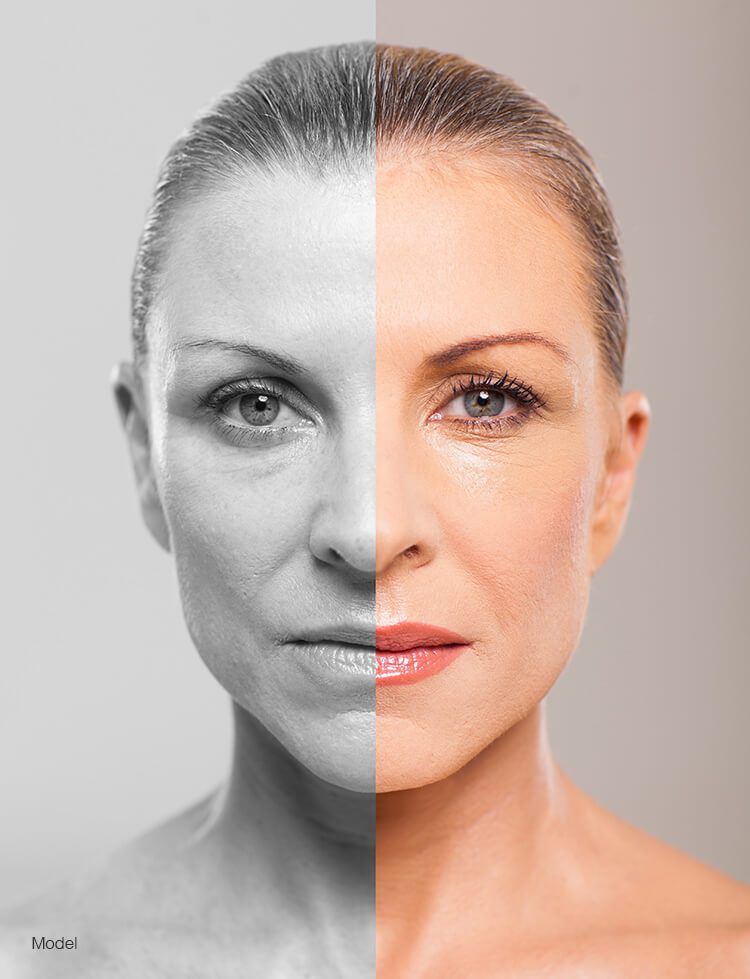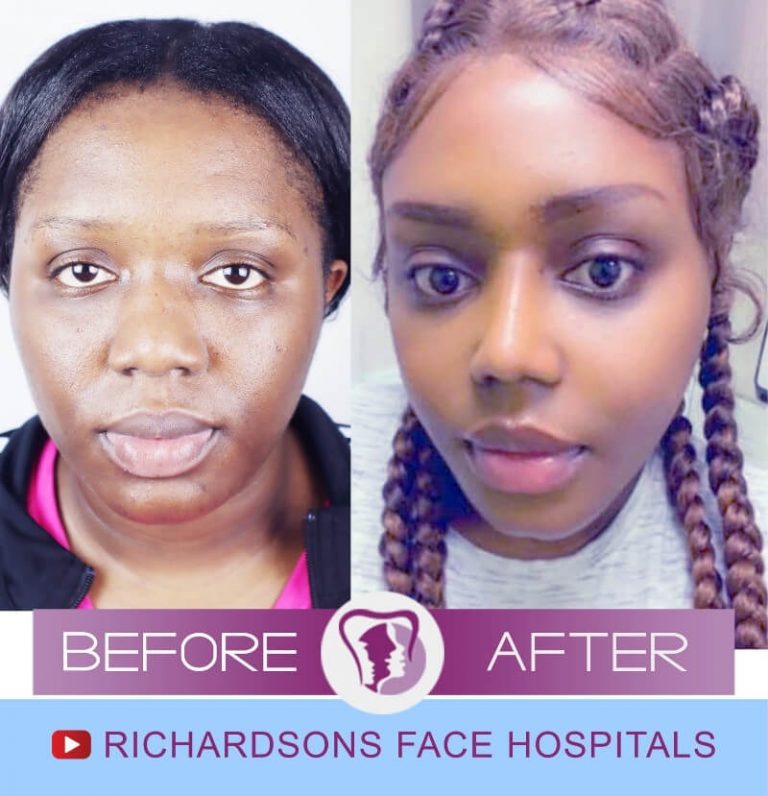The Impact of Self-Image on Decision-Making: Reasons That Many People Pursue Cosmetic Surgical Treatment for Physical Transformation
The interplay between self-image and decision-making is a complex sensation, specifically noticeable in the boosting trend of people going with plastic surgery as a way of physical change. Encouraged by a need to satisfy personal perfects and societal expectations, lots of people grapple with problems of self-worth that can significantly impact their choices. As external stress from social media sites and social standards escalate sensations of inadequacy, a critical inquiry emerges: what are the underlying emotional elements that drive this quest of transformed looks, and what ramifications do these choices hold for individual identity and well-being?
Recognizing Self-Image
Self-image describes the psychological image and assumption a specific holds regarding themselves, including aspects such as physical look, characteristic, and general self-regard - mommy makeover rancho cucamonga. This interior representation significantly affects just how people interact with the world and can be a driving force behind numerous life options, including the decision to undertake plastic surgery
A favorable self-image frequently correlates with higher self-confidence and a sense of confidence, cultivating a proactive approach to life. On the other hand, an unfavorable self-image might bring about sensations of inadequacy and frustration, prompting individuals to look for exterior services to perceived problems. This quest for improvement can materialize in the need for physical change with cosmetic treatments.
The pervasive nature of media and peer contrasts can amplify sensations of insecurity, motivating individuals to alter their appearance in pursuit of acceptance or approval. Recognizing these dynamics is essential in comprehending the motivations behind cosmetic surgical procedure.
Psychological Aspects at Play
Various emotional aspects influence a person's choice to pursue cosmetic surgical treatment, often rooted in much deeper psychological and cognitive processes. One considerable variable is reduced self-esteem, which may arise from adverse self-perceptions or dissatisfaction with one's look. People with decreased self-worth might believe that altering their physical features will improve their general value and acceptance in social contexts.
In addition, the principle of body dysmorphic disorder (BDD) plays a vital duty. Individuals struggling with BDD experience a compulsive focus on perceived flaws in their appearance, leading them to look for surgical treatment as a remedy. This compulsive need for improvement can considerably misshape their self-image, driving them to seek procedures regardless of the capacity for adverse end results.

Social Pressures and Expectations
A significant influence on individuals' choices to go through cosmetic surgery stems from societal stress and expectations that infuse modern culture. In an age dominated by social networks and consistent visual direct exposure, idealized standards of charm are regularly showcased, producing a pervasive setting where physical appearance is extremely inspected. Such standards frequently determine what is considered appealing, leading people to feel obliged to satisfy these perfects.
Moreover, the normalization of aesthetic improvements in pop culture even more aggravates these stress - mommy makeover rancho cucamonga. Influencers and stars openly discussing their operations can develop a perception that such modifications are not only appropriate yet preferable. This sensation can stimulate feelings of inadequacy in people that might feel their natural appearance does not align with societal standards
In addition, the impact of colleagues can not be overlooked. Individuals may experience straight or indirect pressure from good friends or family, bring about a public recognition of plastic surgery as an appropriate means to achieve an idealized self-image. Consequently, these social expectations can significantly affect personal decision-making processes, often outweighing intrinsic motivations for self-improvement and cultivating a culture where physical change is pursued as a remedy for regarded imperfections.

Situation Studies and Personal Stories
Numerous people have shared their individual journeys pertaining to cosmetic surgery, disclosing a complicated interaction in between self-perception and social influences (mommy makeover rancho cucamonga). She recognized that her decision was greatly influenced by media representations of charm.
Likewise, a male person in his late twenties recounted his battle with body dysmorphic disorder, which triggered him to pursue Go Here liposuction surgery. His experience highlighted not only a need for physical makeover yet also a goal for acceptance amongst peers. Post-surgery, he shared a renewed sense of self-regard, albeit with the awareness that inner validation must come before outside modifications.
These study underscore a wider fad: people commonly see plastic surgery as a pathway to improved self-image. However, the stories also expose a vital perspective on the stress and expectations that shape these choices, suggesting that personal tales are deeply linked with societal standards and worths.
Alternatives to Plastic Surgery

Skincare therapies, consisting of chemical peels and microdermabrasion, can enhance skin structure and tone, dealing with concerns like acne scars or uneven pigmentation. Additionally, laser therapy is a reliable approach for targeting specific skin problems, such as sunlight damages or vascular sores, promoting a more younger appearance.
For those seeking body makeover, non-invasive fat reduction techniques like CoolSculpting can assist get rid of stubborn fat down payments without surgical treatment. Fitness programs and nutritional counseling are likewise crucial devices for individuals aiming to accomplish a much healthier body image. Inevitably, these alternatives can give considerable results while straightening with individual convenience levels and choices, fostering a favorable self-image pop over to this site without the permanence of cosmetic surgical procedure.
Final Thought
To conclude, the pursuit of plastic surgery is often driven by intricate communications in between self-image, emotional elements, and societal stress. Individuals often look for physical change in an effort to boost self-confidence and straighten with viewed requirements of beauty. This phenomenon emphasizes the need for greater understanding of the underlying motivations and prospective repercussions related to such choices. By checking out options and fostering a healthier self-image, individuals may locate more lasting paths to self-acceptance and well-being.
The interaction best site in between self-image and decision-making is an intricate sensation, especially apparent in the raising fad of people opting for cosmetic surgical procedure as a method of physical improvement.Countless psychological aspects influence a person's decision to go after cosmetic surgery, commonly rooted in deeper cognitive and emotional procedures.A considerable impact on people' choices to go through cosmetic surgery stems from societal pressures and expectations that pervade contemporary society. People may experience straight or indirect stress from close friends or household, leading to a common recognition of cosmetic surgery as an acceptable methods to achieve an idyllic self-image.Lots of individuals have shared their personal journeys relating to cosmetic surgical treatment, disclosing a complex interplay between self-perception and societal impacts.